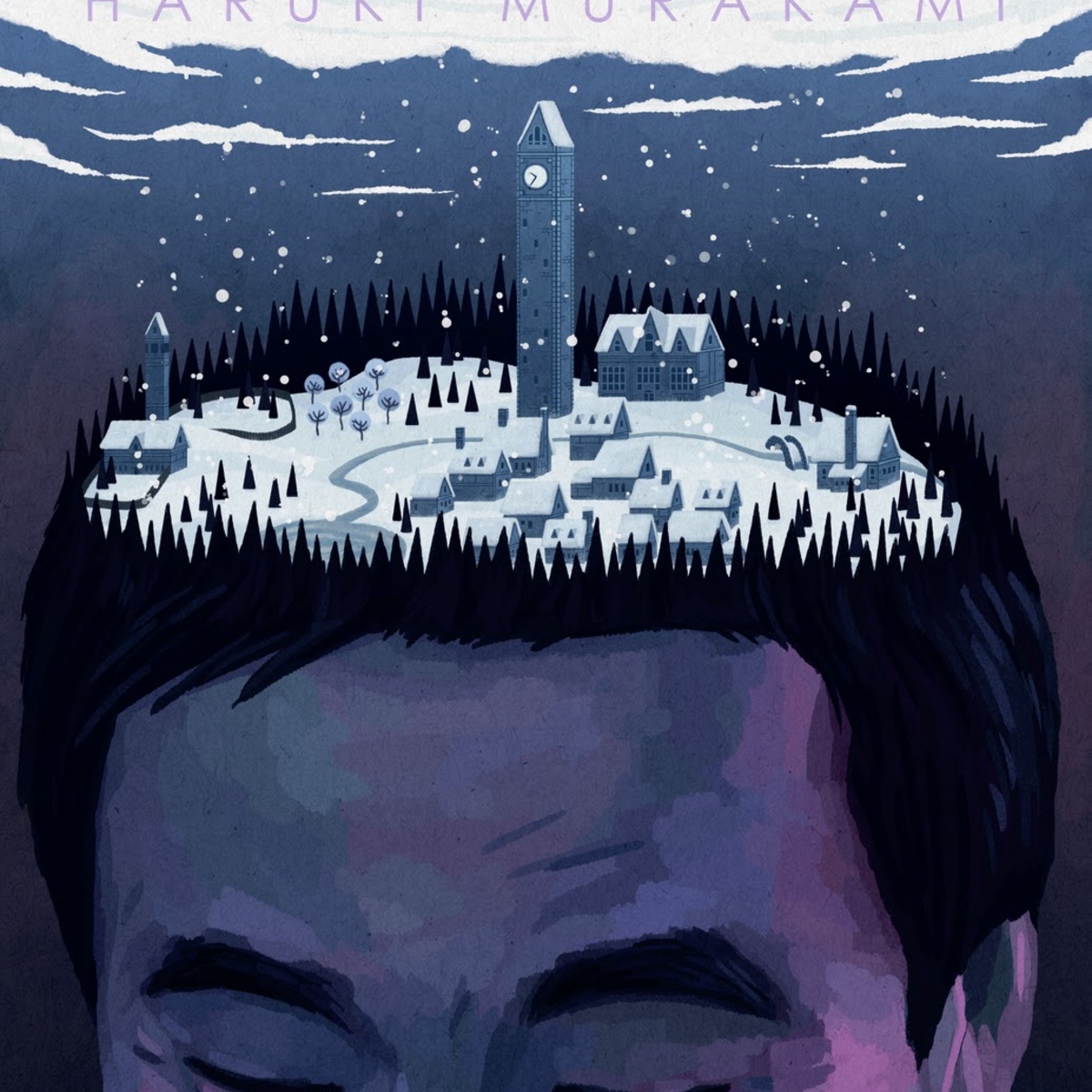
He grew up in Kobe and then moved to Tokyo, where he attended Waseda University. Haruki Murakami was born in Kyoto, Japan, in 1949. Remains a firm favourite for a reason.įirst published in 1985 by Shinchosha, Tokyo, my edition was published by Vintage in 2003 and translated from Japanese by Alfred Birnbaum. Exploring themes of memory and identity technology and ethics psychological and philosophical questions of the mind and the cognitive system, of consciousness and the subconscious of what makes us who we are, and what we become without that. Wildly imaginative storytelling, full of philosophical meditations, and a novel that leaves you delightfully with many questions. This was my first Murakami around 20 years ago and this re-read reminded me of why I love this book, and the author, so much.

The Town, surrounded by a great wall, falls somewhere between a mediaeval and old industrial-style place, falling into disrepair, where the few remaining people have no shadows, golden beasts graze, and this world’s narrator’s job is to read dreams from skulls. While the Calcutec world is in standard past tense, the dreamworld is in present tense, further enhancing the timeless quality to it. The alternating chapters take us to a place called the Town, and this is where the writing and atmosphere slows down, becoming more lyrical, dreamlike and interrogative in nature. This is where Murakami is at his short and neat writing style, with witty, dynamic and often westernised dialogue, propelled by a sense of suspense and adventure. Add in some inklings – threatening, stinking fishy kind of creatures – lurking in the dark and to be avoided at all costs, and we are well and truly in Murakami territory. Our narrator is a Calcutec – a human data processor – and his latest project sees him navigating a secret underground cavernous world at the centre of Tokyo, leading to the secret lab of an eccentric old man, aided by his granddaughter. Enter Murakami’s propensity for the slightly off-kilter reality.

However, as is also often the case, our narrator is about to get himself embroiled in the most unusual of situations.


He lives alone, he likes his beer, he whips up delectable snacks at the drop of a hat, he loves his jazz and his western culture. One part: a Tokyo muchly similar to contemporary Tokyo but with a cyber twist, where our narrator lives a life typical to all Murakami’s male narrators in their 30s or so. Hard-boiled Wonderland and the End of the World is a story of two parts and two worlds, a story that encapsulates two very different sides of Haruki Murakami’s writing.


 0 kommentar(er)
0 kommentar(er)
